Archaeology in the Third World: A History of Indian Archaeology Since 1947
This book offers an authoritative historical frame of archaeological research in post-Independence India. It outlines the early evolution of the new India’s archaeological policy and the wide range of discoveries which accompanied it. It shows how in the first flush of Independence archaeological research added new depths and dimensions to the ancient Indian past. It also looks closely at the tangled web of ideas behind this research, highlighting the major mile-posts in its story of development. At the same time it demonstrates with unerring clarity how the national archaeological policy of the 1950s and the 1960s has currently lost its direction. This is accompanied by an incisive analysis of different aspects of Indian heritage management, including the impact of religious fundamentalism, the looting of antiquities and the place of archaeology in Indian education. Finally, there is a detailed discussion on the scope of ‘nationalist archaeology’ in India. One of the core arguments of the book is that the developments and features of post-Independence Indian archaeology may be representative of the archaeological scenario of the Third World as a whole. In fact, this is the first book to set down clearly the basic traits of Third World Archaeology and argue for its acceptance as a separate conceptual area in mainstream archaeology.
Get it now and save 10%
BECOME A MEMBER

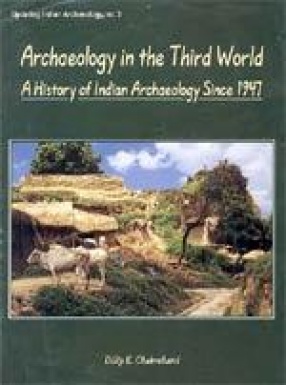
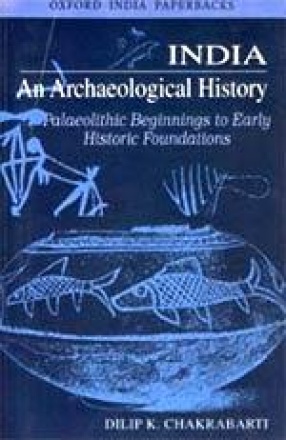
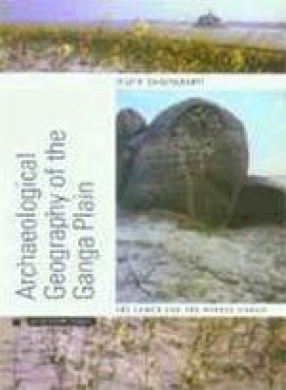
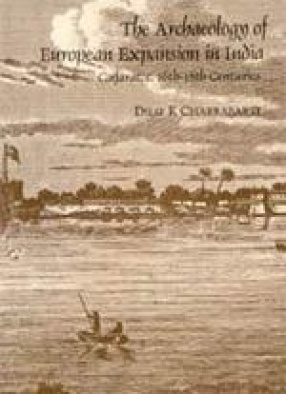

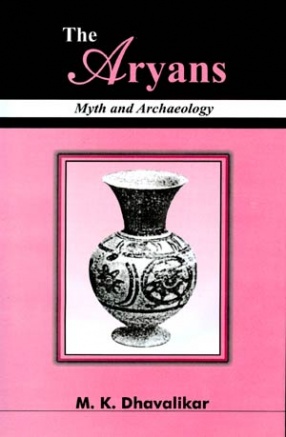
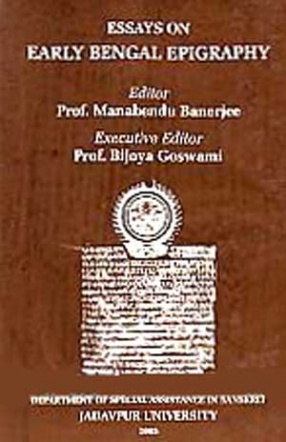
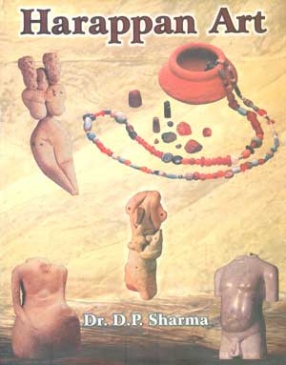
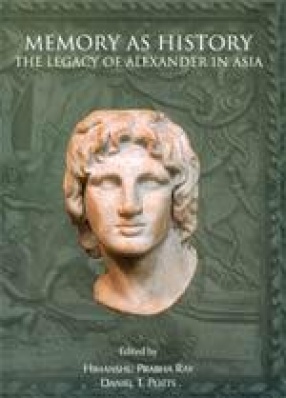

Bibliographic information